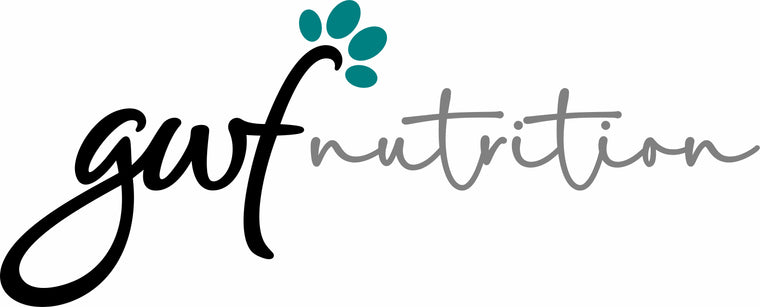What is the Most Common Cause of Diarrhea in Dogs?
Diarrhea in dogs is a very common complaint and although many cases tend to clear up by themselves, other dogs can become seriously ill very quickly and may need hospital treatment to recover. Commons causes of diarrhea in dogs are:
- Food intolerance or allergies – even if you aren’t aware of an existing intolerance or allergy in your dog, these can develop over time
- Poisonous substances and environmental toxins – check whether your dog could possibly have ingested a poisonous plant or toxic household chemical for example
- Sudden change in diet – new foods should be introduced gradually, as an abrupt change can upset your dog’s digestion
- Parasites like intestinal worms can irritate your dog’s gastrointestinal tract causing an upset stomach
- Medication side effects, including antibiotics and other medicines
- Stress or upset – anxiety about big changes in your dog’s life or other stresses can cause digestive upsets
- Bacterial infections – these can occur more frequently in younger dogs
- Other illnesses including liver, pancreas or thyroid disorders
- Swallowing a foreign object – dogs can sometimes swallow indigestible objects that can’t be broken down and therefore cause an upset stomach.
Types of Diarrhea in Dogs
There are 2 types of diarrhea - it can either come from the small or the large bowel, and this has a bearing on how serious it can be for your dog.
Small bowel diarrhea usually means large amounts or very watery diarrhea which can lead to dehydration very quickly. With large bowel diarrhea your dog will be straining and passing smaller amounts of softer stools, sometimes also with mucous or blood.
What Can I Give My Dog for Diarrhea?
Diarrhea is often relatively mild and may well resolve on its own. In these cases, if you have an adult dog that is otherwise healthy your vet may advise you to:
Provide plenty of clean, fresh water to avoid dehydration and encourage your dog to drink.
Feed little and often – although it’s tempting to hold off on the food when your dog has an upset tummy, good nutrition will help your dog’s digestive system to heal itself. Give something bland like bone broth or a small portion of white chicken meat with white rice, sweet potato or pumpkin for fibre.
Support the digestive system with probiotics and prebiotics using a supplement like Digestive Aid for Dogs. This will help to boost your dog’s immune system to support the whole body as well as helping to repopulate the friendly bacteria in your dog’s gut and restore the gut lining.
When Should I Be Concerned About my Dog’s Diarrhea?
You should call your vet straightaway if your dog is very young or old, or has an existing health condition.
They may also need immediate treatment if you notice any of these signs:
- Frequent and/or very watery stools
- Dark and tarry stools
- More than just a streak of blood
- A lot of vomiting
- Lethargy
- If your dog seems to be depressed or in pain
- Bloating
- If the diarrhea continues for more than 48 hours.
Looking After Your Dog’s Digestive Health
Your dog’s digestive tract is home to hundreds of different bacteria and other microbes, known as the gut microbiome. These play a vital role in your dog’s overall health as well as the digestion, and can affect mental health, the immune system and the metabolism. So what can you do to make sure you are taking care of your dog’s gut health?
Food – make sure the food you are giving is appropriate for your dog. Like us, pets need a balanced diet based on whole foods but whether you choose a raw diet or prepared dog food will depend on what suits you. Speak to your vet to make sure they are getting the balance of nutrients that they need. There are certain foods that are great for keeping the microbiome balanced, including green beans, carrots and asparagus.
Routine – don’t make sudden changes to your dog’s diet. Introduce any new foods gradually.
Supplements – nutritional supplements like Digestive Aid for Dogs contain probiotics and prebiotics to keep your dog’s microbiome in balance, as well as antioxidants like curcumin to support the natural anti-inflammatory actions of the body.
Hygiene – regular grooming and bathing can help to prevent infection. Brushing your dog’s teeth can also keep harmful bacteria under control.
Keeping active – regular exercise, fresh air and socialisation are good not only for your dog’s physical health but also their mental wellbeing and stress levels, all of which can affect gut health. You will probably know how much exercise your dog needs but it varies depending on age and mobility – if you aren’t sure speak to your vet.
Nutritional Advice for Your Dog
If you’d like any advice on feeding your dog or looking after their digestive health, please get in touch with our Nutrition Advice Line on 01225 708482.
